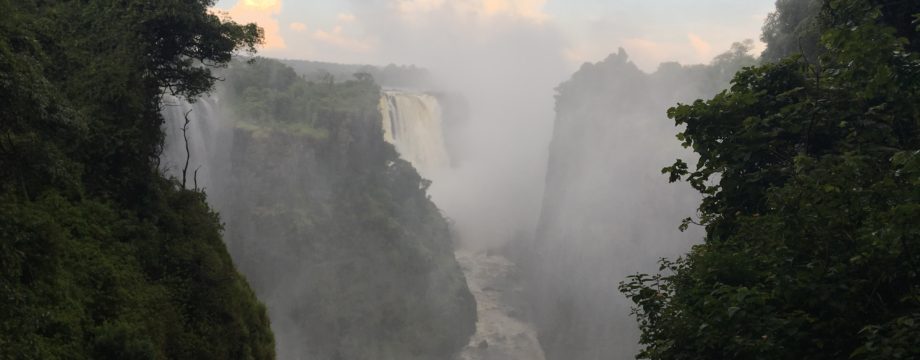This article was originally published on Cache Up NB. It has been mirrored here for archive purposes only.
I’ve talked about it. Rev has talked about it. You’ve talked about it. We’ve all talked about it. What does that number just below your geocaching name actually mean? It seems that this number tends to have a varying degree of meaning depending on who you talk to.
From the moment I started geocaching, I always took my “find count” to refer to actual geocaches I have found. For me, it refers to all of the physical caches I have either located myself, or have located as part of a group of cachers out on a hunt. It also represents the amount of places I have been to and may have taken notes on (Earthcaches & Virtuals) as well as all of the events I have ever been to that were official geocaching.com listed events. If I found the container, saw the monument (virtual), went to the breakfast (event), or studied the rocks (earthcache), I logged it as a find. That’s what the logging of the find is about. It’s meant to track the actual caches you have found as part of this little game we call geocaching.
But as time has worn on, the use of that find count seems to have changed. Some folks have perceived this number as some sort of score. For those people, in the world of geocaching, you are only as good as how many finds you have. And for those who are excessively competitive, the need to get that number higher means delving into practices that some would say are not in the spirit of what the find count is for. But yet at the same time, some of those practices could also be perceived as being perfectly acceptable, given the right situation.
Let’s look at folks who hide caches under a different name, then claim them as finds. I have seen on numerous occasions where cachers have gone out and created a new “sock puppet account”, hid new caches under that name, then logged them as found under their real account. The person obviously wanted to inflate their own numbers by creating the fake account and then logging them, right? Well, I guess it depends on who you ask. If they went out and created the account solely for the purposes of inflating their numbers, then sure, maybe that’s questionable. But what about people who hide caches under an organization name, then claim finds. Are they classified the same? If I go out and hide 5 caches for Fundy National Park under Cache Up NB’s account, then log them as finds, am I in the wrong? Or would you classify that differently because the intent is different.
This practice is quite common with power trails. A group of cachers will create a large power trail together, but list them under a trail specific name to keep the caches separate from their own accounts, but then might turn around and log them all. The ET power trail was listed under a special account for that specific trail. Now, to the best of my knowledge, the cachers who did hide that trail did not log them on their own account, but would that have been an issue? Once again, it depends on who you ask. The same has been done in other places and sometimes the people log them as found on their own account, and other times they don’t.
How about people who log their own hides as found? You hid it so you didn’t really find it did you? But what if you hid a cache, then a year later went back to do maintenance and it took you like 20 minutes to find your own container? When people put caches back, they don’t always put them back in the same spot so the caches tend to move. If you have to take 20 minutes to find a cache, does that count as a find? I would tend to think it does, but yet I’d be reluctant to log a find on my own cache.
Lastly, the worst of all these are those who simply armchair cache. They log finds on geocaches they have never seen, never been to, or may even have no intention of ever finding in real life. These folks are logging caches for the sake of logging them. Just trying to inflate their numbers with finds that have no merit.
So for you, what does your find count represent? Is it a true representation of caches you have found, or have you bent the rules from time to time? Share your thoughts below.



14 Responses to Artificial Inflation: It’s All About The Numbers